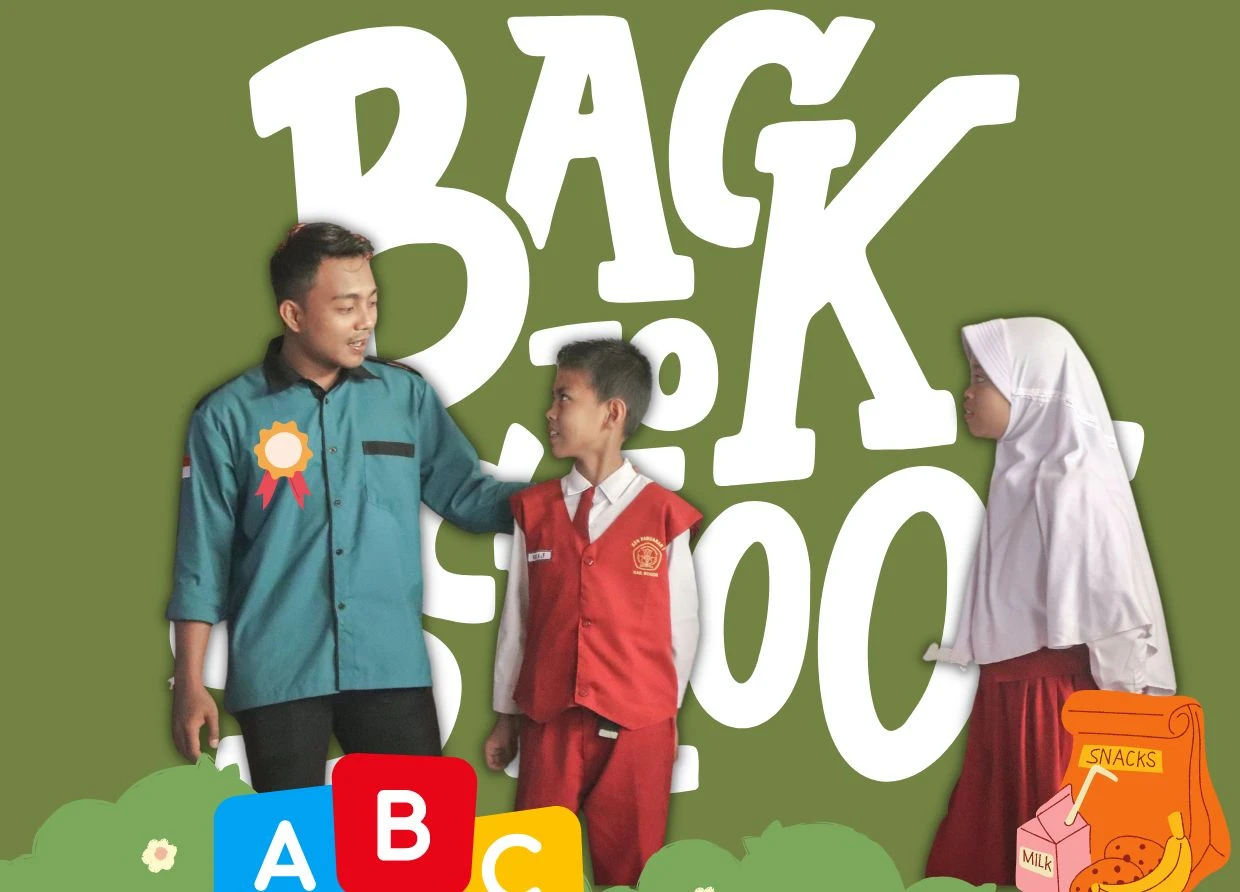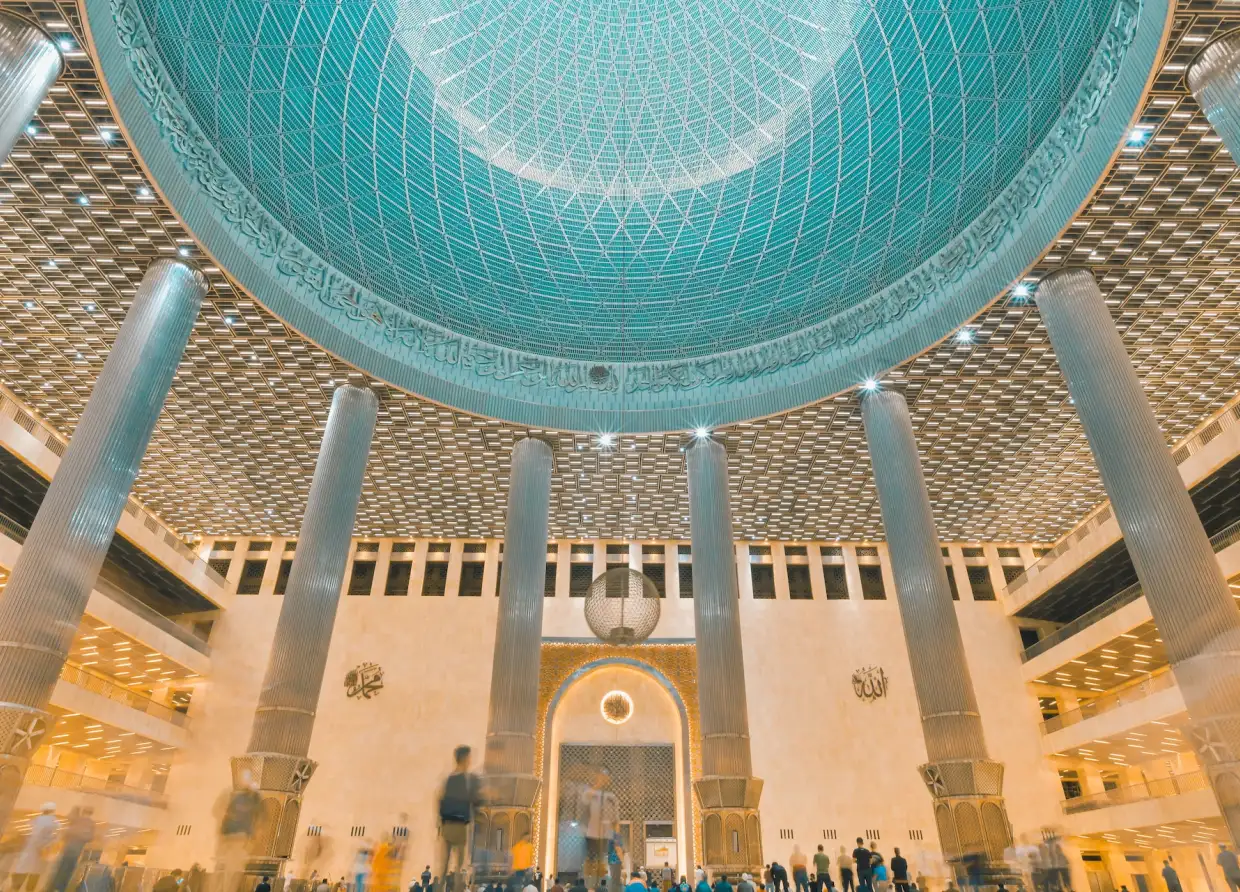EMBRACING ARTIFICIAL INTELLIGENCE IN EDUCATION: NAVIGATING THE CHANGING LANDSCAPE
Educators explore the potential of AI while addressing the challenges of technological advancements.

A recent study conducted by the Indonesian Chamber of Commerce and Industry (Kadin) indicates that by 2030, approximately 23 million people could lose their jobs due to technological disruptions and digitalization. The study suggests that standardized work, tasks that can be automated, high-risk job roles, and inflexible positions are particularly vulnerable.
To address this scenario, efforts must be made to develop new skills and competencies, enabling workers to adapt to changing times. The education sector plays a pivotal role in preparing a generation capable of keeping up with technological advancements and the evolving needs of society. However, the education sector itself is not immune to the threats posed by AI.
Dr. Stefanus Wisnu Wijaya, the Dean of the STEM School at Prasetiya Mulya University, expressed concerns about the potential future role of AI in replacing teachers and lecturers. However, Dr. Wijaya believes that these concerns can be addressed positively. He stated, "The presence of AI should not be seen as a threat but rather as an opportunity to support the educational process."
AI offers several benefits in education, including serving as a knowledge source to fuel new innovations. When utilized appropriately, AI can provide students with an enhanced and engaging learning experience, fostering creativity and encouraging students to become co-creators and innovators of new technologies.
AI can also assist teachers in analyzing data. As AI capabilities continue to grow, teachers can utilize data analysis to identify students' interests and talents, enabling them to design more captivating and enjoyable learning models. "The presence of AI will drive a lot of innovation in the field of education," added Dr. Wijaya.
Dr. Noer Hassan Wirajuda, the Dean of the Prasmul School of Law and International Studies, emphasized the need for educators to be sensitive to emerging trends in the learning process. A recent survey conducted by the Center for Indonesian National Studies at Prasetiya Mulya University revealed that a significant portion of students learn through the Internet and social media.
Dr. Wirajuda stated, "Educators must be ready to face these changes and understand the desires of their students. They need to develop new, interactive learning methods without compromising the quality of knowledge delivered." Leveraging social media, AI, and metaverse technology can provide multimedia educational materials that make the learning process more engaging.
Bukik Setiawan, Chair of the Learning Teacher Foundation, stressed the importance of strengthening teacher skills and abilities. He highlighted the current lack of capacity in teacher development programs, which hinders their ability to keep up with changes.
Setiawan emphasized the need for more frequent curriculum revisions, ideally on an annual basis, to adapt to the rapidly evolving technological landscape. However, he acknowledged that changes every five years may be challenging due to the slow progress of teacher capacity development.
Setiawan proposed increasing the budget for teacher capacity and capability development programs, starting from educational institutions. Currently, schools in Indonesia allocate a meager 0-2 percent of their total budget for teacher development needs. Setiawan urged institutions to prioritize teacher capacity building, suggesting a minimum allocation of 20 percent of their budget.
In navigating the changing educational landscape influenced by AI and technological advancements, it is crucial for educators, institutions, and policymakers to collaborate and embrace the opportunities presented. By fostering
innovation, adapting teaching methodologies, and investing in teacher development, the education sector can effectively prepare future generations to thrive in the era of AI and technological disruptions.
#THE S MEDIA #Media Milenial #Technology #Artificial Intelligence #AI #Education #School #Prasetiya Mulya University #Dr. Stefanus Wisnu Wijaya #Dr. Noer Hassan Wirajuda #Teacher #Indonesian Chamber of Commerce #Kadin


























